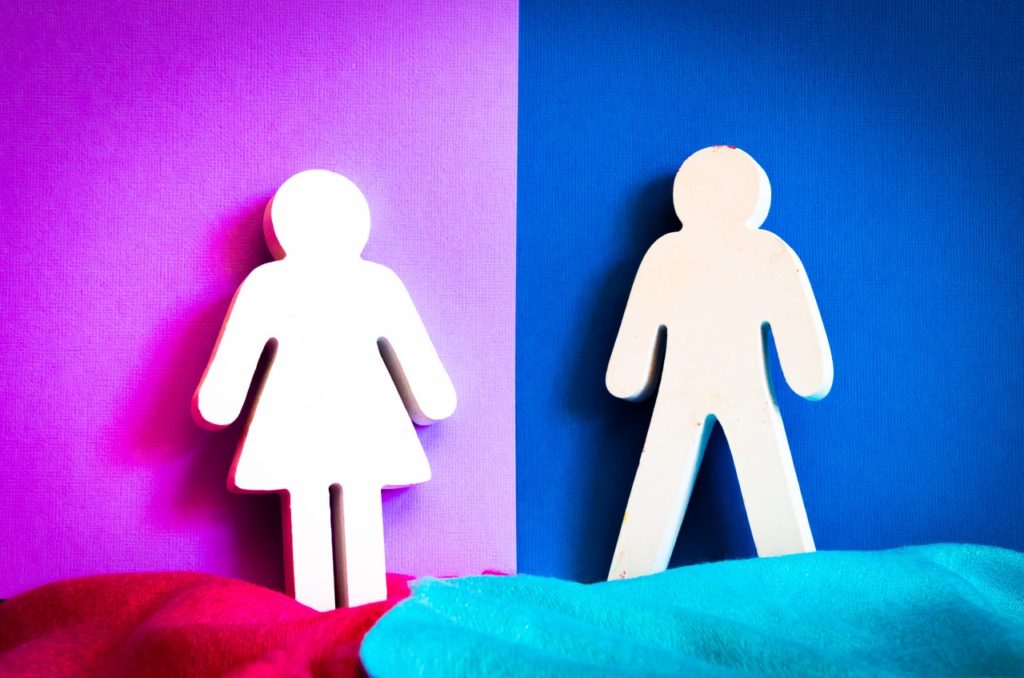What is there to know about gender neutral language
29th November 2021

A gender-neutral language refers to words that don’t identify a gender.
The gender-neutral language reduces the usage of gendered such as fireman, policeman and chairman. It is also more inclusive to LGBTQ community. The reason these words have ‘man’ in them is because only men were allowed to work in these professions some decades ago. This has changed a long time ago, but these words are still in use giving the false impression that men are in charge.
Fortunately, with growing awareness, people are moving away from gendered terms and embracing gender-neutral language.
The good news is that English has very few gender markers. The pronouns and possessives (he, she, her and his) and some nouns (policeman, policewoman) but they often have equivalents that can be used in both genders (police officer).
Most English nouns do not have grammatical gender forms (teacher, president), whereas a few nouns are specifically masculine or feminine (actor/actress, waiter/waitress, son/daughter, mum/dad).
Why is gender neutral language important?
Let’s start with saying that there is nothing wrong with gendered pronouns. The reason we are all encouraged to move away from using them as much as we do is because the pronouns “he” and “she” come with a certain set of expectations about how someone should express their identity and relate to the world. For people with non-binary gender identity, the conventional pronouns assign them a binary identity which is against their beliefs.
Dr Tatman, senior lecturer in gender studies at the University of Tasmania, explained why it’s important to increase the use of gender-neutral terms: “It’s important to use gender-neutral terms whenever you are referring to something that includes both men and women or could be done by either a man or a woman because it is the most accurate description of reality.”
How to use gender neutral words?
Refrain from using “man” in descriptions (for example postman). Try to use gender neutral alternatives such as postal worker. This normalises the idea that anyone can do the job, regardless of gender.
A few alternatives include:
- Humankind instead of mankind
- People instead of man/men
- Everyone instead of ladies and gentlemen
- Members of Congress instead of congressmen
- Parent instead of mother/father
- Child instead of son/daughter
- Sibling instead of sister/brother
- Partner, significant other instead of girlfriend/boyfriend
- Spouse instead of wife/husband
- Flight attendant instead of steward/stewardess
- Salesperson or sales representative instead of salesman/saleswoman
- Server instead of waiter/waitress
- Firefighter instead of fireman
- The common person instead of the common man
- Actor instead of actor/actress
- Use “Mx” Instead Of “Mr,” “Ms,” “Mrs” Or “Miss”
Summary
Moving away from gendered words will take some effort, but we can at least try to make people around us more comfortable. We should accept and agree to use language that recognises that not everyone identifies as male or female.
